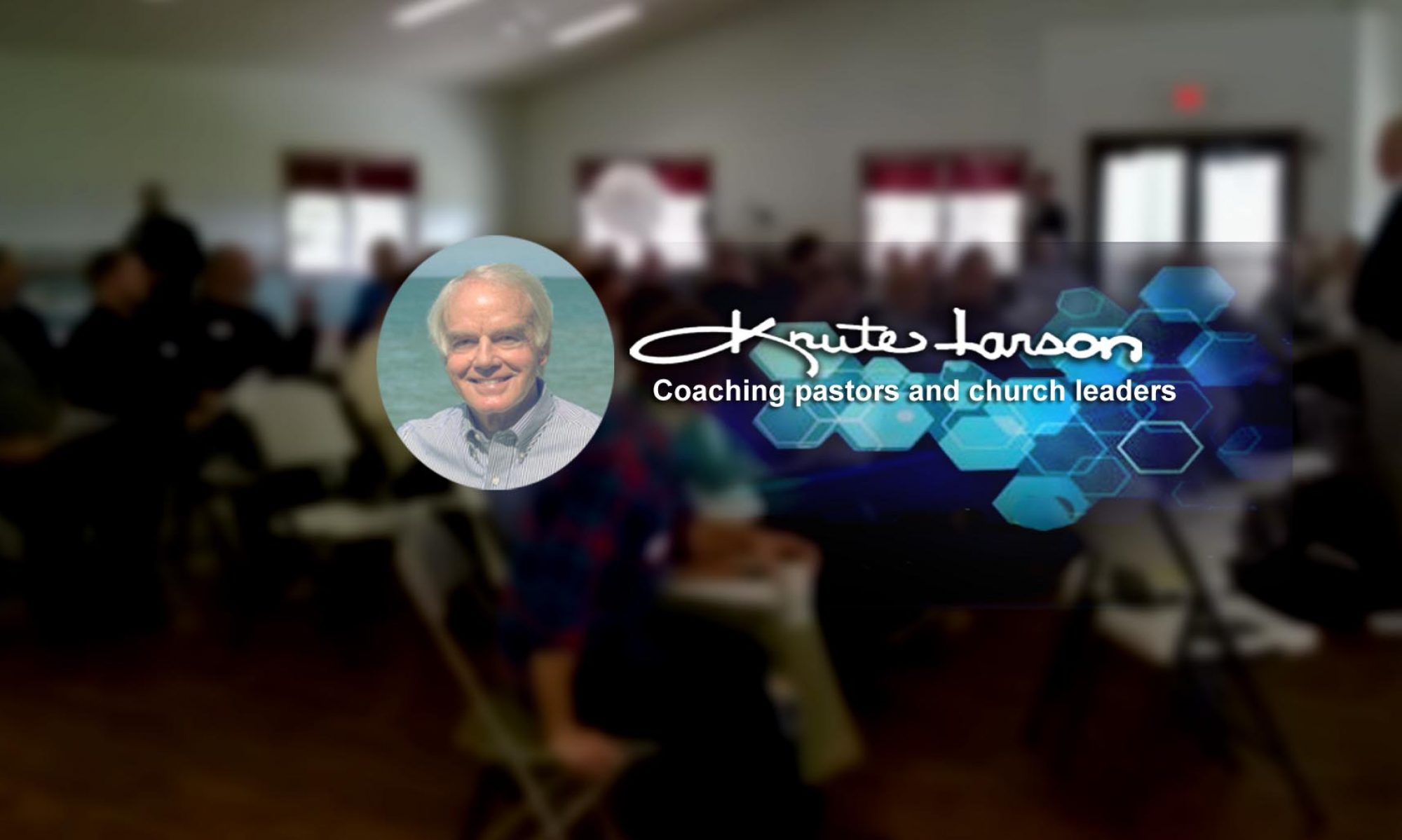Every August — select books to study and a few topical for the next church year, Sept —August. (Changed for emergencies or tragedies.)
Trying to cover at least one Old Testament book a year and one New Testament book for sure. Always a Christmas series of four or five and an Easter series of two or three. Always one for Thanksgiving.
Also August — select tentative way to divide up each book of the Bible chosen. (Topical: probably 5-9 sermons a year.). Text for each sermon.
August after vacation and before each series — start a file for each sermon in the next series to put in illustrations or thoughts as we go.
Then…..
Every Monday evening at home (took Mondays off when kids were at home) or at the office (when offspring were away) after staff meetings and administration -– simply read the English text over and over and over so that I know what it says for the study of this week.
All week when driving — dictate paragraphs or illustrations that I think of that should go in the sermon.
Every Tuesday after staff meetings and after 6:30 group restaurant breakfast (“Tuesday morning quarterback club”) open to any man to discuss last Sunday’s sermon. It always gave me ideas that we need to clarify for the next Sunday also. Then Tuesday staff meetings (group and also ones who reported to me) and have at least 2 to 3 hours for study of the text and assign some word studies to interns :-). Work on the logical outline in one sentence in three parts for the outline for the sermon.
Wednesday — three hours in the morning (after two breakfast appointments) for study of the text. Outline was due by noon for the bulletin. Made sketches for PowerPoint that was due Friday. A wonderful volunteer always did my PowerPoint and still does.
And after other appointments and deadlines at least an hour of more study in the afternoon.
Thursday — Jog and breakfast with my wife. Go to office at 11:00. That day: four or five hours at least for sermon study at the office and development of the text and the main emphases. Some between appointments and other deadlines. Since the survey I took of the whole church in 1992, I’ve always inserted either a 60 second or two-minute explanation of the cross and decided where it would be on Thursday. I tried to have it a totally salvific sermon at least two or three times a year, wherever it fit in the series.
Friday — after prayer partners (this 6:30 am 45-minute time with men was “the best thing I ever did at The Chapel, according to my wife) and 8:30 staff prayer and any emergencies — finish writing out my notes and try to have them finished by 4 o’clock when staff played basketball together (those who liked it). Everyone involved in the service met in the morning after the staff prayer to go over exactly how many minutes each person had and how the movement was to go and how the worship was to move. (Start when the big hand hits….and end at the same time every week 🙂
Saturday — some morning obligations at times but tried to be at home…. but afternoon from 3 to 9 at home kept studying notes to make sure I had enough illustrations (short one every 4-5 minutes, sometimes just a sentence) and could “master” my notes so that I could preach without looking down too much. Eat pasta with family.:-). Go to bed at 9 o’clock.
Sunday — at the office by 6:15 or 6:30 to go over my notes, to pray at the pulpit and in my office, to stand at the pulpit and go over the whole service so I know exactly what I was doing that way.
Sunday night — cry or rejoice for how it went 🙂
Hope you are glad you asked ! 🙂
